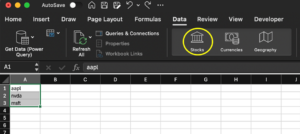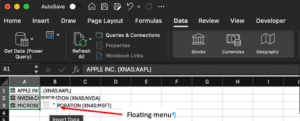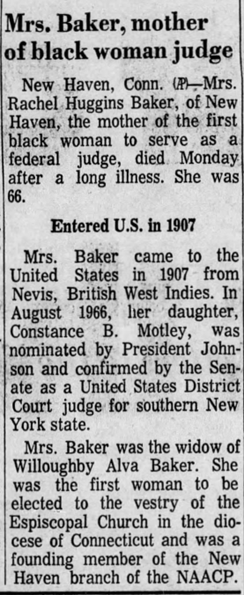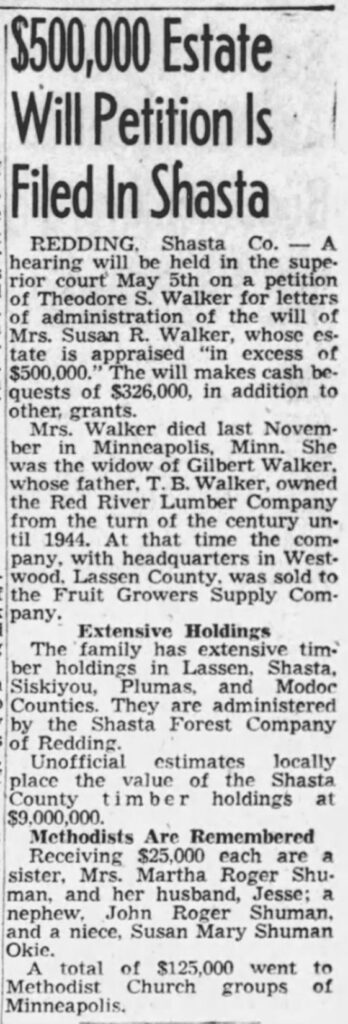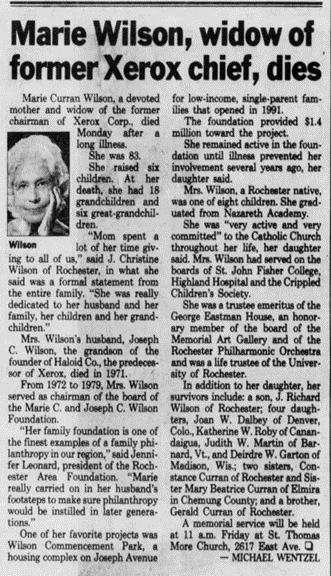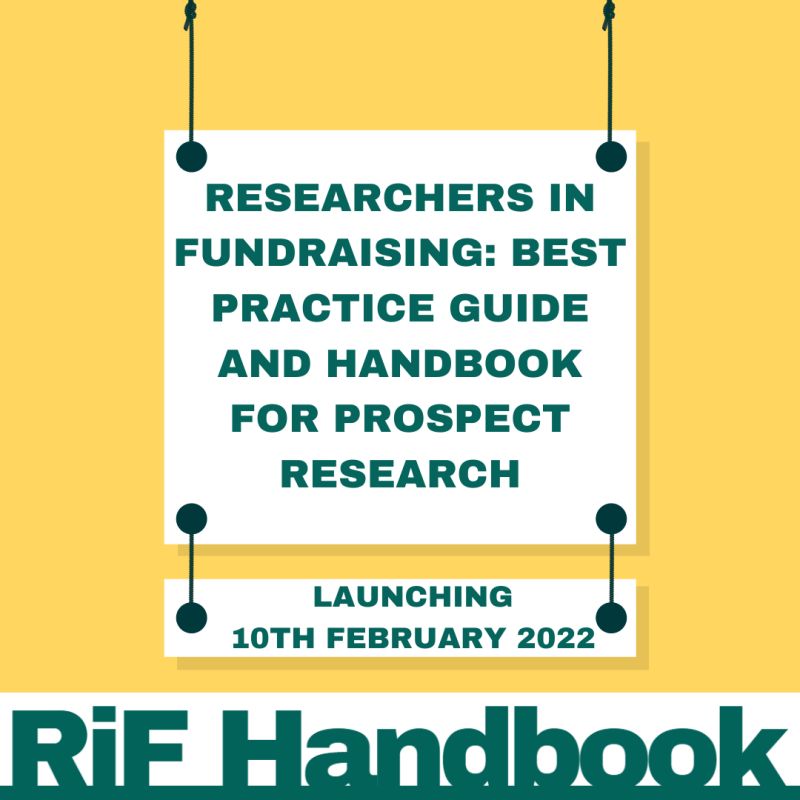By: Chelsea Morin, Consultant
Have you ever wondered about the methodologies behind the net worth estimates that some major financial and business publications report? What information do they use to come to these numbers and how accurate can it possibly be? Are the details they use for their estimates publicly available, or are they sitting down with the billionaires they are reporting on to get inside information?
For this post, we will focus on the methodologies of the Forbes 400 and the Bloomberg Billionaires Index, take a look at their differences, and break down how these estimates can inform our work in prospect development.
Let’s start with Forbes
Over at Forbes, they publish a ranked list of the 400 wealthiest Americans, known as the Forbes 400, once a year. It reflects a snapshot of each individual’s wealth on one particular date but also reports real time net worth updates for the wealthiest people in the world.
The first step the Forbes team takes is meeting with billionaires being researched for inclusion on the list or speaking with them virtually or over the phone whenever possible. They will also interview associates including employees, asset managers, and attorneys. Sometimes, they even reach out to rivals and peers to collect more information!
Some billionaires will provide documentation to support their estimated ranking, but others won’t. In either case, documents from a variety of sources including the Securities and Exchange Commission (SEC), court and probate records, news articles, and more are researched to get a fuller view of an individual’s assets. All assets are considered including real estate, art and car collections, yachts and planes, and other unique holdings. Stakes in both public and private companies are considered. For public companies, SEC insider filings help to provide a clearer view of holdings.
What about private companies?
For private companies, Forbes compares estimates of the company’s revenue with price-to-sales, price-to-earnings, or other relevant ratios for similar public companies and then applies a 10% liquidity discount. The liquidity discount accounts for the difficulty an individual might face when trying to sell a private asset quickly for a fair price. In the case of companies backed by venture funding, several factors may affect the estimated value of the company including how shares are being traded on secondary markets, how institutional investors account for their shares in the company, and the overall health of the company’s sector.
So, what’s not included?
Forbes subtracts any known debts from net worth estimates and excludes any funds donated to charitable foundations or donor-advised funds. Family fortunes dispersed amongst many family members are generally not included either. In these cases, the wealth belonging to the living founder of a fortune and their immediate family will be listed with the addition of “& family.” Occasionally, wealth held by an immediate family member of an heir will be included if relevant.
How Bloomberg Differs
The Bloomberg Billionaires Index tracks the world’s 500 richest people and updates daily after New York markets close and public company stakes are valued using the latest closing price.
Private company valuations rely on peer comparisons based on industry and size, using price-to-earnings or EV/EBITDA (Enterprise Value divided by Earnings Before Interest, Taxes, Depreciation, and Amortization). If direct debt figures aren’t available, peer net debt-to-EBITDA ratios are used instead. Values adjust daily with peer or index movement. Most private firms get a 5% liquidity discount; a country risk discount is added when assets are concentrated in riskier markets, based on S&P sovereign ratings.
Hedge funds are valued using average market cap-to-AUM (assets under management) ratios of similar public funds. Personal capital mixed with outside money isn’t counted. AUM is pulled from SEC Form ADV filings, and returns are considered if reported. A 25% “key man” discount applies when performance depends on one person.
Realized dividends and proceeds from share sales are also included. Taxes are deducted at the highest rate for the person’s country unless evidence supports a lower one.
Although assets may often be transferred to a billionaire’s family members, it is the position of Bloomberg News that this does not change who controls the fortune. As a result, Bloomberg credits family fortunes to the founders or head family members who have the most direct control over the assets. In cases where the stakes of individual adult family members can be verified and those family members are actively involved in the family business, the value of the stake is credited to the individual.
All billionaires or their representatives can respond to questions about the net worth calculation, including the balance of their assets and liabilities.
What’s not included in the Bloomberg Billionaires Index calculations?
For one, the ownership of closely held assets is not included if it cannot be verified. Additionally, if a billionaire has pledged shares held in a public company as collateral, the value of those shares is not included in their estimated net worth. Fee income for hedge fund businesses is not included because it cannot be verified across the board. And finally, no assumptions are made about personal debt.
A confidence rating between one and five stars is also given to each profile. A one-star rating is used when an individual’s fortune is primarily made up of closely held assets and several assumptions are required to calculate metrics such as company ownership and personal assets. A five-star rating means that most of the individual’s fortune is composed of publicly traded assets or can otherwise be verified through reliable sources, including the billionaire themselves or their representatives.
How to calculate an estimated net worth without the help of a billionaire…
What do you do when you can’t reach out to a billionaire or their representatives to confirm assets? Or when you don’t have the staff to do as much thorough research as a major publication such as Forbes or Bloomberg? Here at the Helen Brown Group if a net worth from one of these reputable publications isn’t available, we generally rely on the total amount of visible assets an individual holds to determine what their giving capacity may be.
What is the difference between estimated net worth and total visible assets? Simply put, an individual’s net worth is the value of all their assets minus all their liabilities. A helpful tool we sometimes use to determine an estimated net worth for high-net-worth individuals is a calculation from the Capgemini/Merrill Lynch World Wealth Report which provides evidence that real estate comprises approximately 19% of their total assets. Forbes or Bloomberg may get close to estimating an accurate net worth for some of the wealthiest individuals in the world, but it’s not very practical, or really even possible, to do this in our daily work. Often, it is not feasible to know exactly what an individual’s private assets, debts, or other liabilities might be.
Instead, let’s just consider total visible assets when calculating a giving capacity. In other words, what is the total of an individual’s assets that we can determine based on public records and searches? This will include real estate holdings and the stockholdings and compensation of public company insiders. When looking at assets for the purpose of charitable giving, it can also include assets held by a foundation if it is solely controlled by the individual. If you’d like, you can try to estimate someone’s compensation based on what information is available about compensation for similar roles or in similar industries. You can also attempt to estimate what an individual’s privately held company might be worth by comparing it to similar public companies or past sales of private companies. Sometimes, you may even get lucky and find information about someone’s private art collection, boats, or planes that they own!
Once you have gathered all the public asset information available, a common calculation to determine giving capacity is to use 5% of visible assets. Always remember though, that this capacity can be adjusted based on factors such as previous giving history.
It was insightful to learn more about what factors are (and aren’t) included in Forbes’ and Bloomberg’s calculations and compare them to my own work. I hope this information is useful for you and your organization as well!
Sources:






